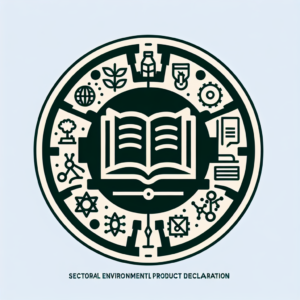Here’s the translation into American English:
—
Astara has taken a significant step toward its goal of complete decarbonization by 2045, according to its recent 2024 Sustainability Report. This document outlines a comprehensive strategy that aligns with scientific guidelines, setting ambitious targets such as a 42% reduction in Scope 1 and 2 emissions by 2035 and a 50% decrease in Scope 3 emissions intensity. This decarbonization plan not only covers the company’s direct operations but also includes its entire value chain.
In a crucial year for its sustainable transformation, Astara has reaffirmed its commitment to clean mobility, establishing itself as a preferred partner for manufacturers in this sector. Throughout 2024, the company managed to reduce its operational emissions by 18%, electrifying 62% of its corporate fleet and using 80% renewable energy in its facilities. For the first time, emissions from its value chain were measured, revealing that they account for 99% of its carbon footprint.
Ignacio Enciso, CEO of Astara, commented that the company is decisively committed to making mobility more accessible and sustainable. According to Enciso, this effort reflects a holistic vision that not only decarbonizes operations but also contributes to the development of a more mature electromobility ecosystem.
Meanwhile, Fernando Pardillo, Global Head of Sustainability, emphasized that the report demonstrates how sustainability metrics are integrated into daily decision-making, combining long-term commitments with concrete short-term actions across various aspects of the business.
Astara reported sales of approximately 20,000 battery electric vehicles in 2024, representing about 10% of its total sales, in addition to expanding its subscription solution, Astara Move, to new European markets and establishing key partnerships to enhance charging infrastructure.
The company has also highlighted its corporate culture, managing to double the average annual training per employee. Additionally, it is committed to promoting diversity and inclusion, achieving that over 40% of new hires in certain key areas are women.
Astara conducted a double materiality assessment, identifying multiple impacts, risks, and opportunities within its operations. In the social sphere, initiatives such as the Vision of Change program in Argentina, which provides free eye care to vulnerable individuals, and the Nashira Project in Colombia, which promotes battery reuse in women-led communities, are notable.
Looking ahead to 2025, Astara is preparing to expand partnerships and improve its performance on environmental, social, and governance (ESG) issues. As a signatory of the UN Global Compact Initiative, the company remains committed to the Sustainable Development Goals (SDGs) and to a cleaner, more connected future. The full report is available on its website.
—
Let me know if you need anything else!
via: MiMub in Spanish











